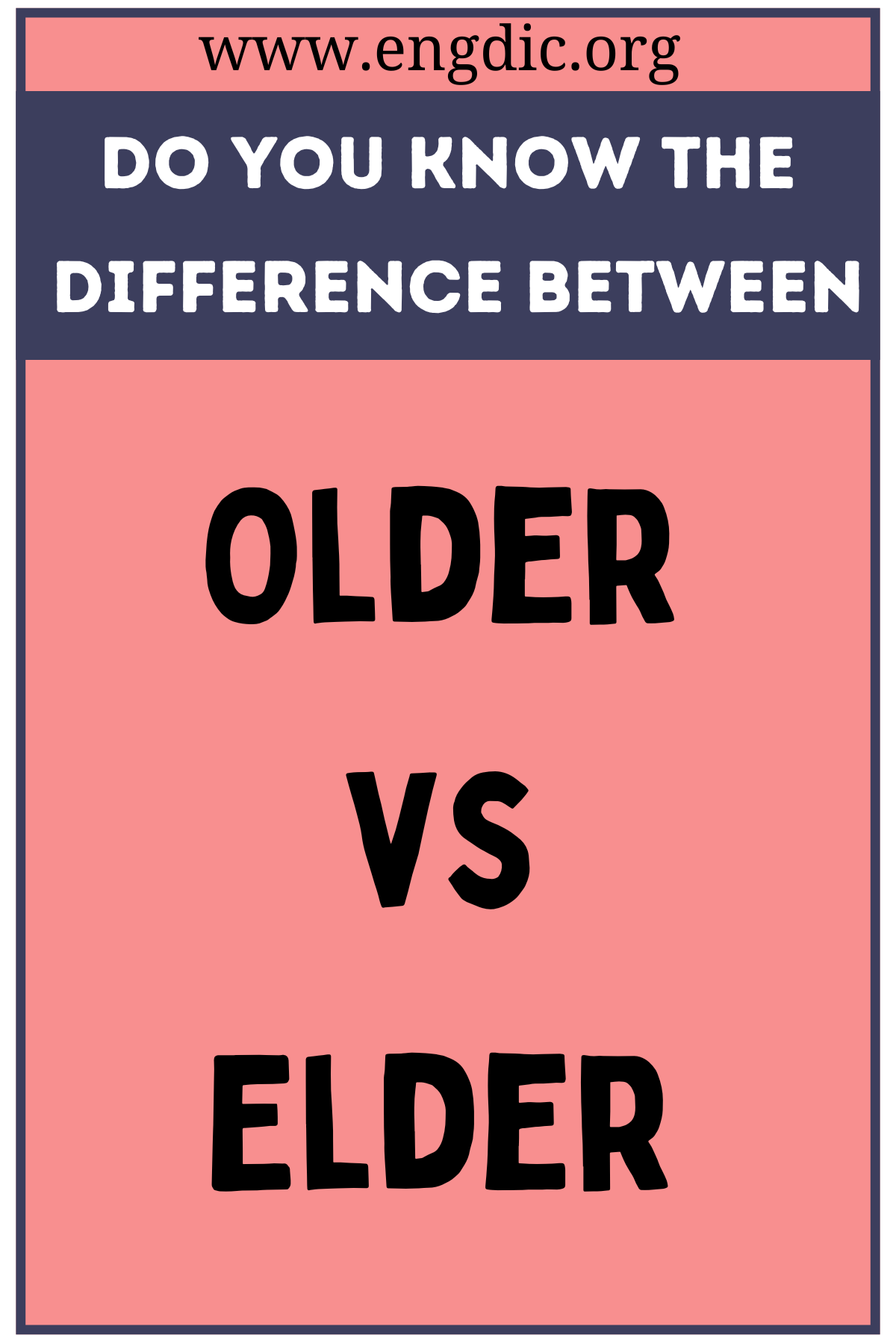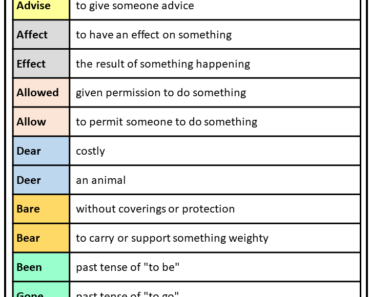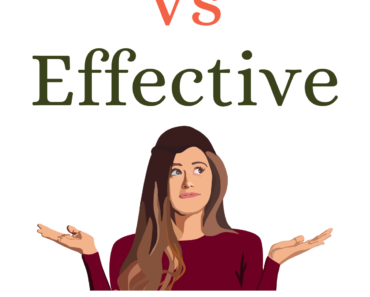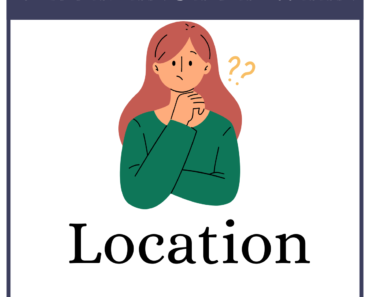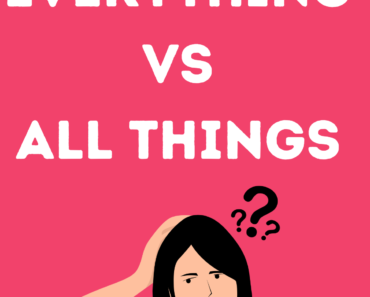Both “older” and “elder” refer to someone who is more advanced in age. However, they differ in nuance and usage.
“Older” is a comparative adjective used generally for comparing age, while “elder” specifically refers to older people, often in a familial or social context. The latter often carries a tone of respect or deference that “older” lacks.
Older
- Definition: Comparative form of “old,” meaning more advanced in age.
- Usage: “Older” is used for general age comparisons.
- Comparative: “My older brother lives in New York.”
- General Age: “Older adults often have unique health needs.”
- Non-Human Comparison: “This tree is older than the other one.”
Elder
- Definition: An adjective and noun denoting someone older, often in a respected position.
- Usage: “Elder” is used in specific contexts, usually familial or social.
- Familial: “My elder sister advised me on career choices.”
- Respectful: “The village elder shared wisdom with the community.”
- Leadership: “He became an elder in the church, guiding others.”
